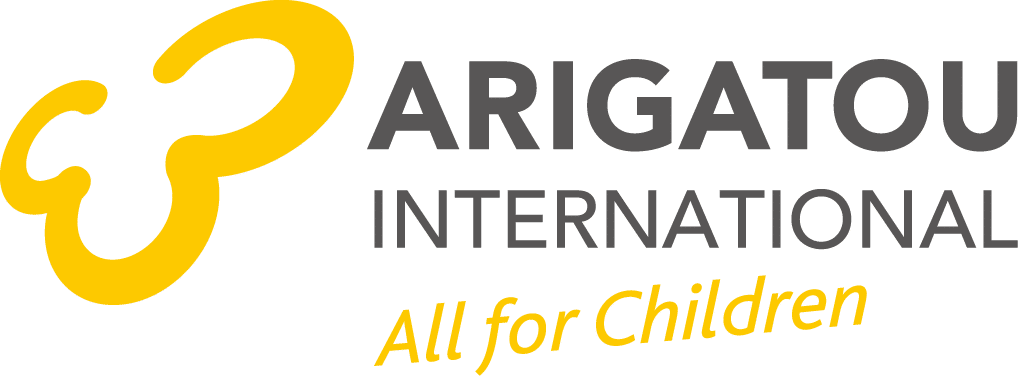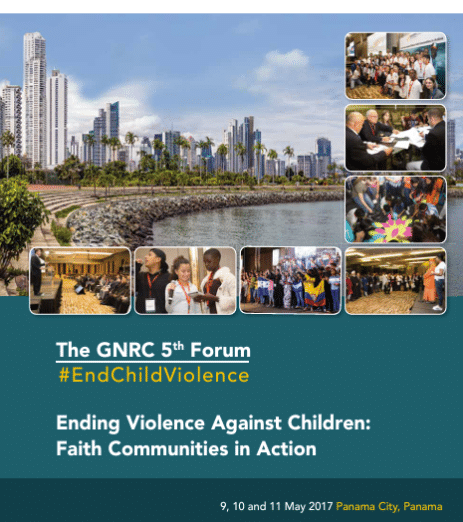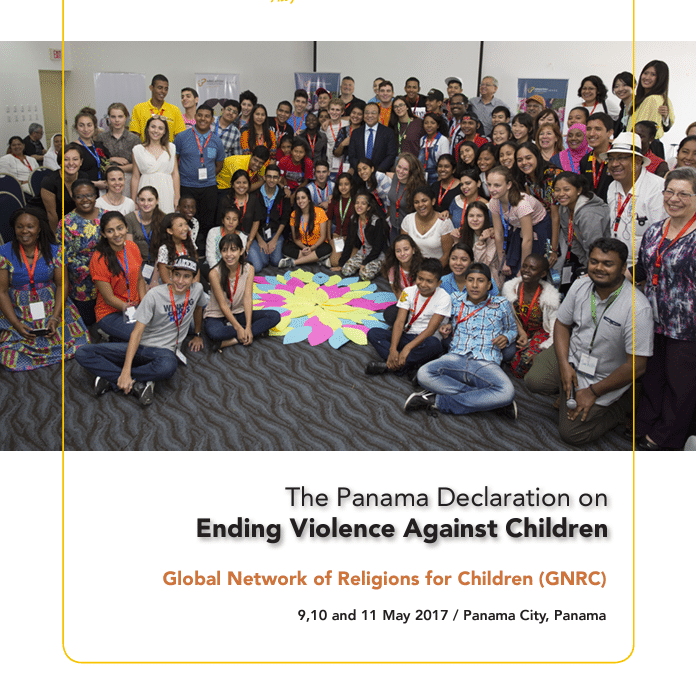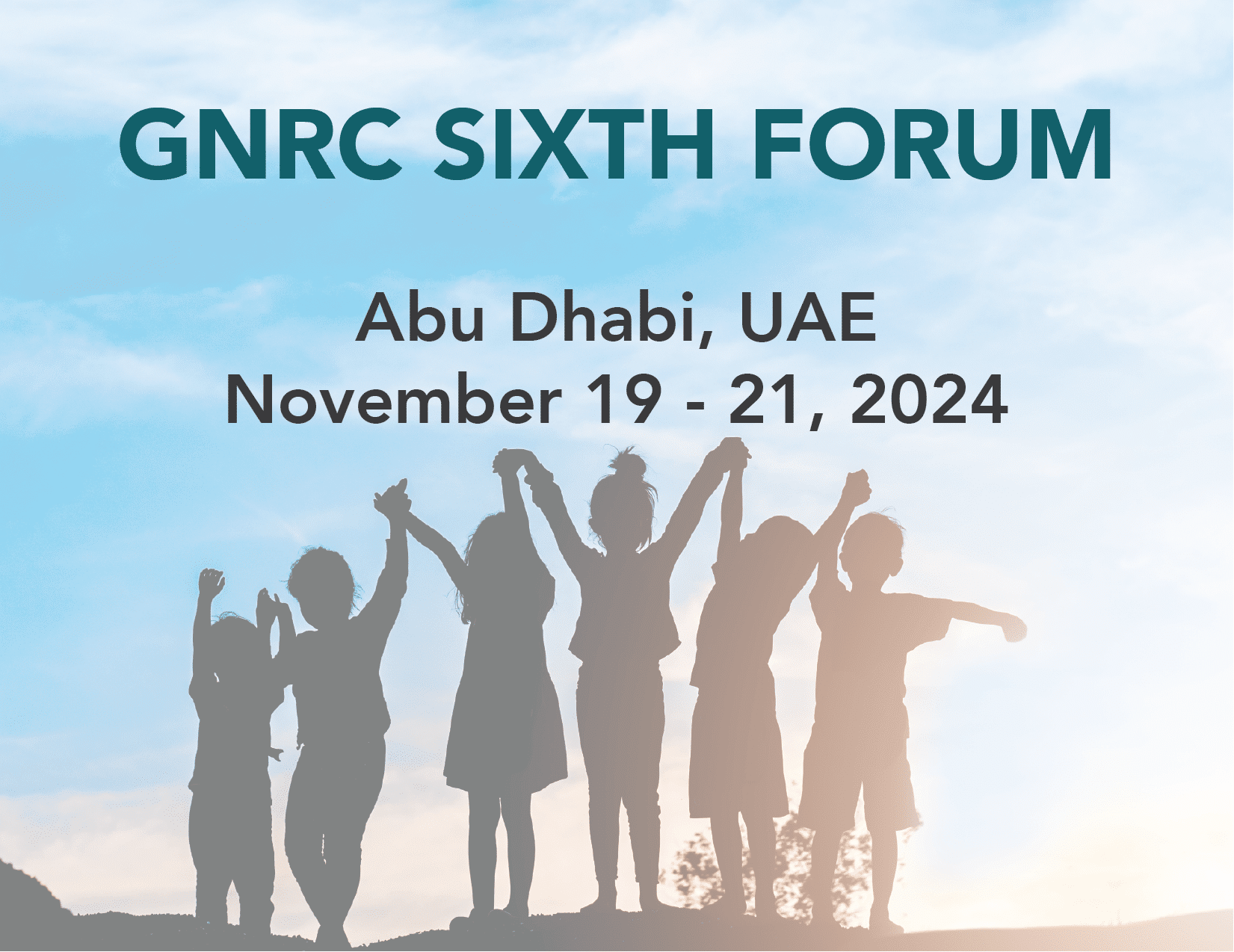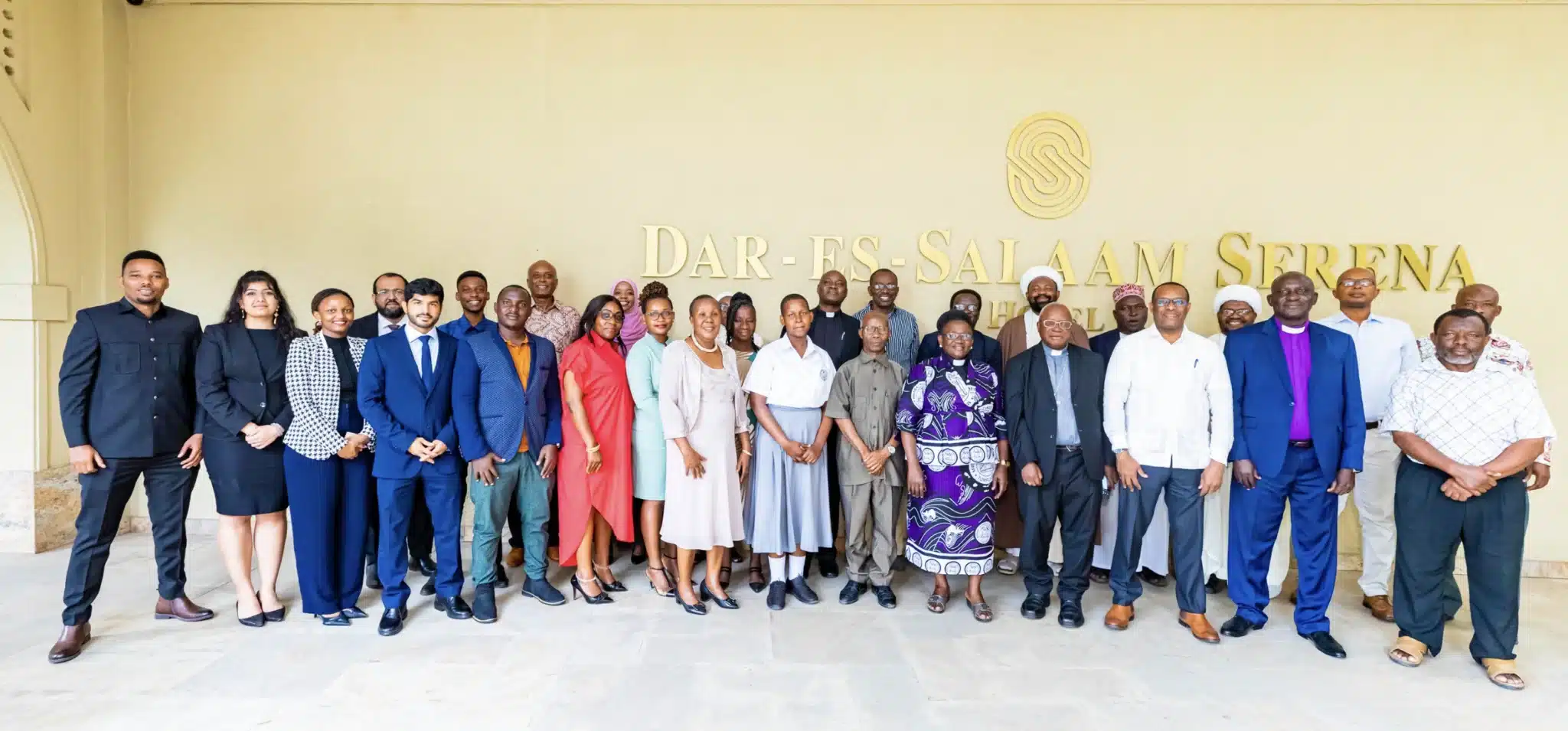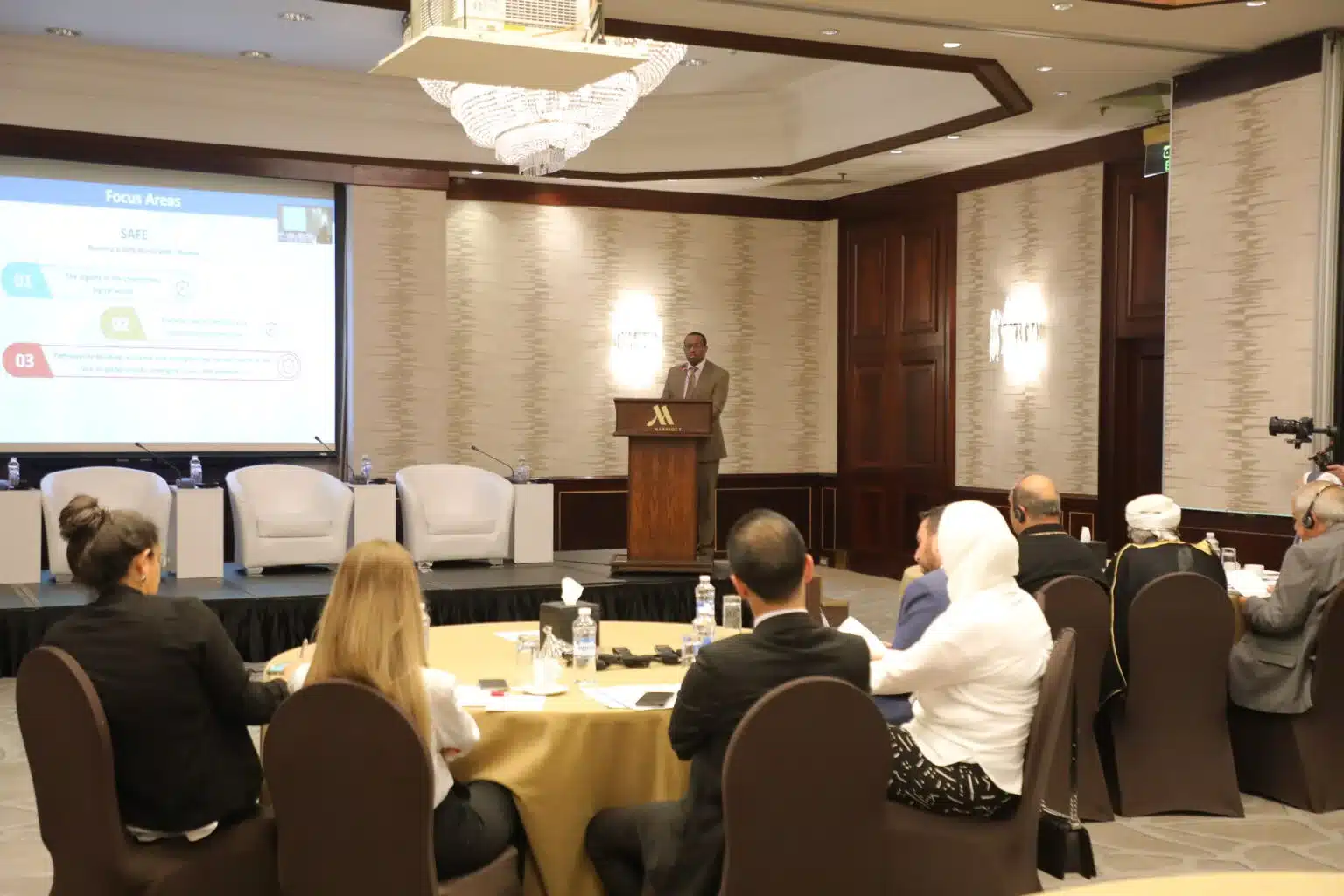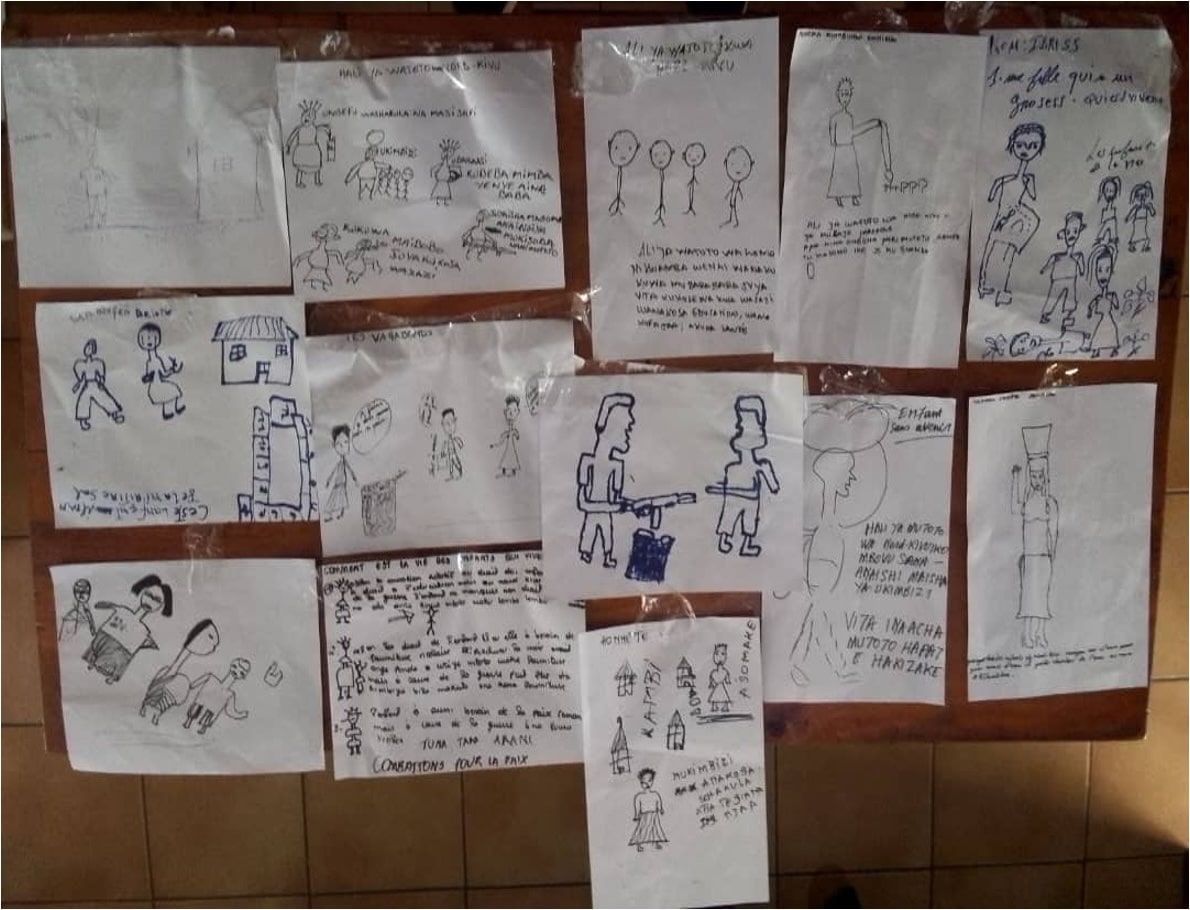
In North Kivu, Democratic Republic of Congo (DRC), where 540 schools have closed in the last one year (190 since January 2024) due to insecurity, children are demanding the right to education.
Protracted conflict in the country has not only disrupted education for hundreds of thousands of children, it has also left them without food, clean water, sanitation or shelter. As a result, thousands of malnourished children in the DRC are now at risk of contracting the deadly Mpox disease.
In an open discussion with members of the GNRC and religious and faith leaders on August 30, 2024, children and youth from North Kivu, the epicenter of the conflict, laughed, sang, and, through artwork and stories, shared their hopes and vision for themselves and their country, and their expectations for the GNRC Sixth Forum. In addition to their immediate and urgent requirements for food and clean water, the children also spoke of their need for protection. They described the dangers that they, especially girls (who are at higher risk of sexual violence), faced in displacement camps.
In celebration of the DRC’s cultural diversity, each participant was invited to share his/her ethnicity and tribal roots. This initiative fostered a collective awareness of the richness and complexity of the country’s shared heritage. The adults and children also engaged in a lively debate on the challenges facing children in the DRC. Participants unanimously agreed that insecurity and intercommunal tensions underlie numerous violations of children’s rights and are the greatest threats to their future.
The children of DRC want peace. They want to return to their homes and schools and to live in safety and security, as is their right. Among the drawings presented by the children were depictions of:
– The cycle of vulnerability: A displaced child, hungry and unable to go to school, becomes trapped in a vicious cycle of drug use and sexual exploitation.
– Solidarity in the face of adversity: Members of different religious communities aid displaced persons, offering them food and clothing.
– The consequences of climate change: A child returns from gathering firewood to find her home flooded.
– Gender-based violence: A young girl, going out in search of water, becomes a victim of sexual violence.
